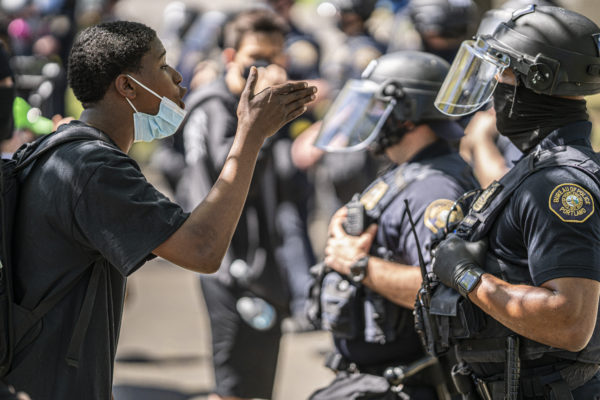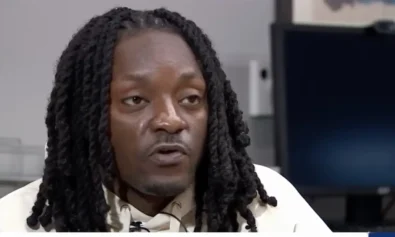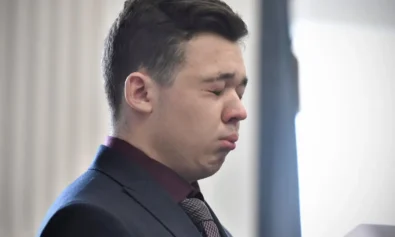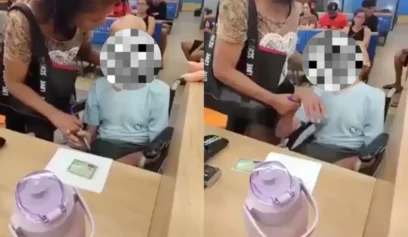Police in Portland, Oregon, are cutting back on pursuing minor traffic offenses in an effort to make “safety safer and more equitable,” according to Portland Mayor Ted Wheeler, a move that also is the result of the police bureau’s limited staffing and resources.
On Tuesday June 22, Wheeler, who is also the city’s police commissioner, announced that low-level traffic violations, such as expired tags, are now at the bottom of the list of infractions for the police department of Oregon’s largest city. He noted that officers still reserved the right to act if the minor offense presents immediate danger, like if a driver is on the road with broken headlights at night.

The new orders also include requiring recorded consent of a driver before performing any searches and a clear indication of their right to refuse said search.
Portland Police Chief Chuck Lovell has instructed his officers to not pull citizens over for “less serious, non-moving violations” and instead focus on those who are making the road unsafe for others, including anyone driving under the influence and reckless drivers.
The mayor stated that the changes are the city’s response to their findings of disproportionate statistics, which showed Black drivers accounted for 18 percent of traffic stops in the city, while Black people only make up six percent of the city’s population. In 2019, Portland’s Black citizens made up nearly 23 percent of stops for non-moving violations compared to 62 percent of white people.
“I don’t want to over promise the results on the disparities because I’m not sure what those will be,” said Lovell. “What I think what’s important here is that we’re willing to try this. We’re willing to ask officers to do it and look at the data and see if it’s having an impact on safety, if it’s having an impact on disparities and then making appropriate judgements from there.”
The department is planning on tracking the data following the changes in hopes of seeing statistical evidence that the racial gap is closing in this one matter.
Wheeler pointed to how the changes are also being implemented in part because of the bureau’s limited staffing and resources. “We need to acknowledge that the reality that we have a scaled-down bureau, and therefore we need to focus on our top public safety priorities,” he said. “We don’t have the resources at this point to squander on anything other than the important mission of protecting the public’s safety.
Over 120 officers have left the department in the past nine months with claims of low morale and burnout following the recent wave of racial justice protests. Just last week, 50 police officers resigned from their specialized crowd-control unit, but not the department, following the indictment of a teammate. The offending officer was charged with fourth-degree battery after being accused of using his baton to beat a photographer. The moment of violence was filmed and shared on social media.
Oregon has a racist past, whose roots apparently still permeate throughout the state. After it gained statehood in 1859, the constitution drawn up for the territory banned Black people from living in the state or even entering it.
The police force’s chief and mayor appear to be committed to doing what they can during this “time of change” to create more positive interactions between the police and all of the public. “This is a time where officers are, I think most of them know, we’re in a time of change,” Lovell expressed. “Reform is upon us, and we’re really looking at ways that we can meld what the community is asking for with public safety at the same time.”


